‘Need to do more’: Mental Health Minister calls for more mental health accommodation
In the wake of the Bondi Junction attack, Mental Health Minister Rose Jackson has called for more long term accommodation options for mental health patients.
NSW
Don't miss out on the headlines from NSW. Followed categories will be added to My News.
We need more long-term accommodation options for people with acute mental health concerns to better support rough sleepers who suffer with untreated illness, Mental Health Minister Rose Jackson says.
Ms Jackson has also acknowledged that systems managing homelessness need to be better linked with medical records, so people sleeping rough can get the best care when they are told to move on.
Her comments come after Premier Chris Minns said he wanted to “urgently” investigate the state’s taxpayer-funded mental health programs in the wake of the Bondi Junction stabbing rampage.
Murderer Joel Cauchi had been managing a schizophrenia diagnosis in Queensland but was not known as having mental health needs to authorities in NSW.
In an interview, Ms Jackson told The Daily Telegraph that there are “gaps when it comes to service provision for people with moderate to acute mental illness”.
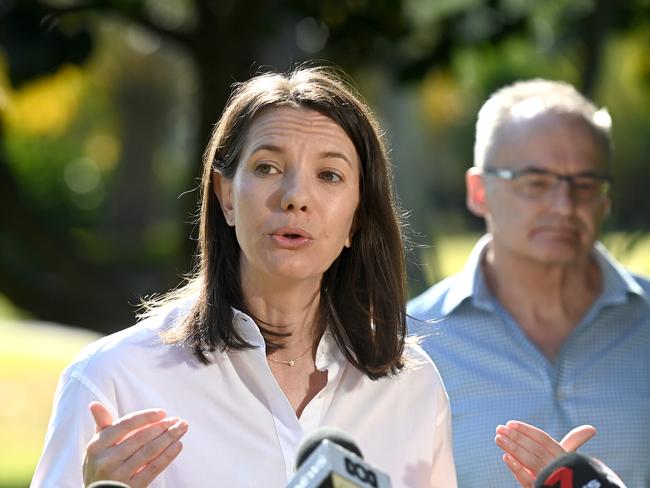
“We will need to make sure that we’re doing more for them,” she said.
While insisting that “now is not the right time” to rush into policy responses in the immediate aftermath of the Bondi Junction stabbing rampage, Ms Jackson said mental health programs do not get enough funding.
She specifically said that it is “challenging” to help people who are “unwilling to seek treatment”.
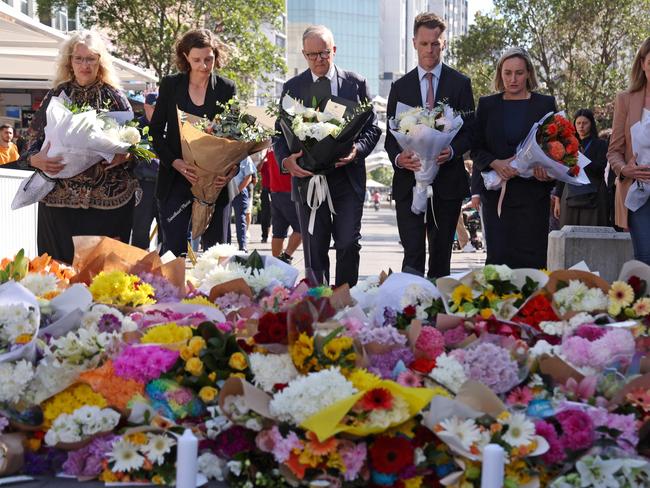
While individuals with acute and severe mental health illnesses can be forced to receive treatment, this is only possible when they are known to authorities.
One option available is for magistrates or the Mental Health Review Tribunal to issue a “Community Treatment Order” on individuals. This sets out the terms under which someone must accept medication and therapy while living in the community. At June 30 last year, 3,796 people were subject to such an order.
If the order is breached a person may be taken to a mental health facility for further treatment including medication.
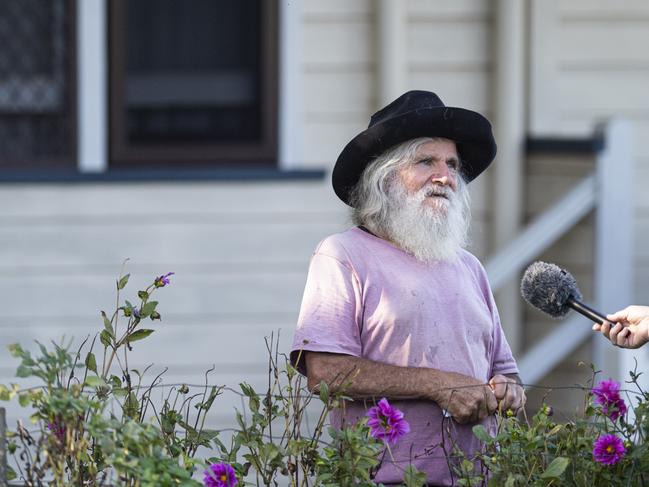
Patients can also be sent to a dedicated mental health unit – to a “low secure” or “medium secure” mental health bed. The Telegraph asked NSW Health how many of these beds are in the system, but did not receive a response by deadline.
Across the entire state, public hospitals had 6,850 specialised mental healthcare beds in 2021-22.
Ms Jackson on Monday called for more accommodation options to help people with acute needs.
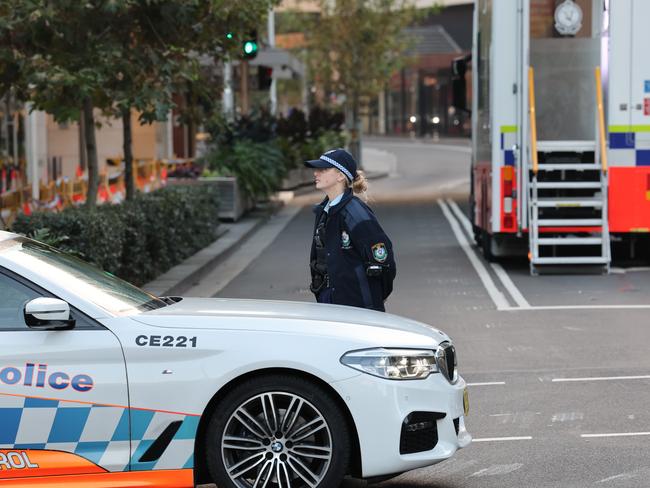
“I am of the view that supported long term accommodation is something that we need more of,” she said.
Ms Jackson also called for better co-ordination between homelessness services and health authorities.
“The homelessness systems don’t necessarily talk well to medical records systems,” she said.
“We need to do better at linking them up.”

The comments came amid warnings from experts that mental health care is becoming more expensive and less accessible.
Consultant psychiatrist and psychotherapist Dr Richard Wu, who has worked in the profession for more than 30 years, said deteriorating funding in the public sector has stretched resources beyond their limits.
“Community health centres, which are regionalised in different catchment areas, are very financially strained,” Dr Wu said.
“Even 10-15 years ago it was not too hard to get case workers in community health for chronic schizophrenic patients, or patients who are also sociopathic,” he said.
Advocacy groups have also called for mental health spending to be overhauled.
“The whole system needs a major overhaul,” Mental Health Coordinating Council CEO Dr Evelyne Tadros said.
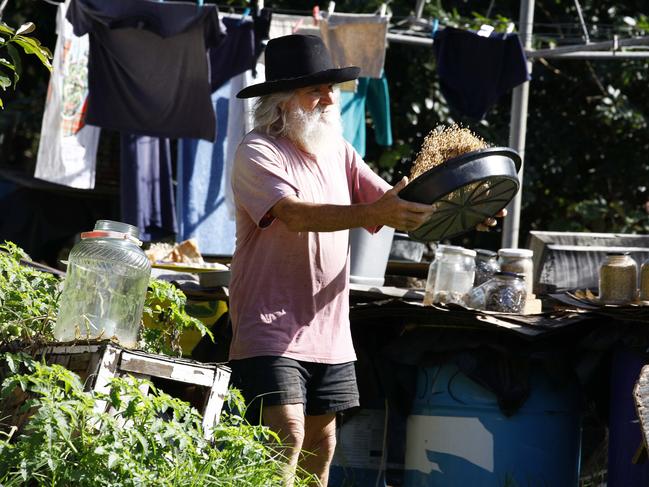
“At the moment, we’re playing whack-a-mole and just dealing with the crisis end, such as the situation that occurred on Sunday.”
Dr Tadros called for funding to be targeted to helping people before their condition deteriorates.
“That is a challenge for anyone experiencing mental health conditions, making sure that they get the right supports at the right time, in the right place.”




